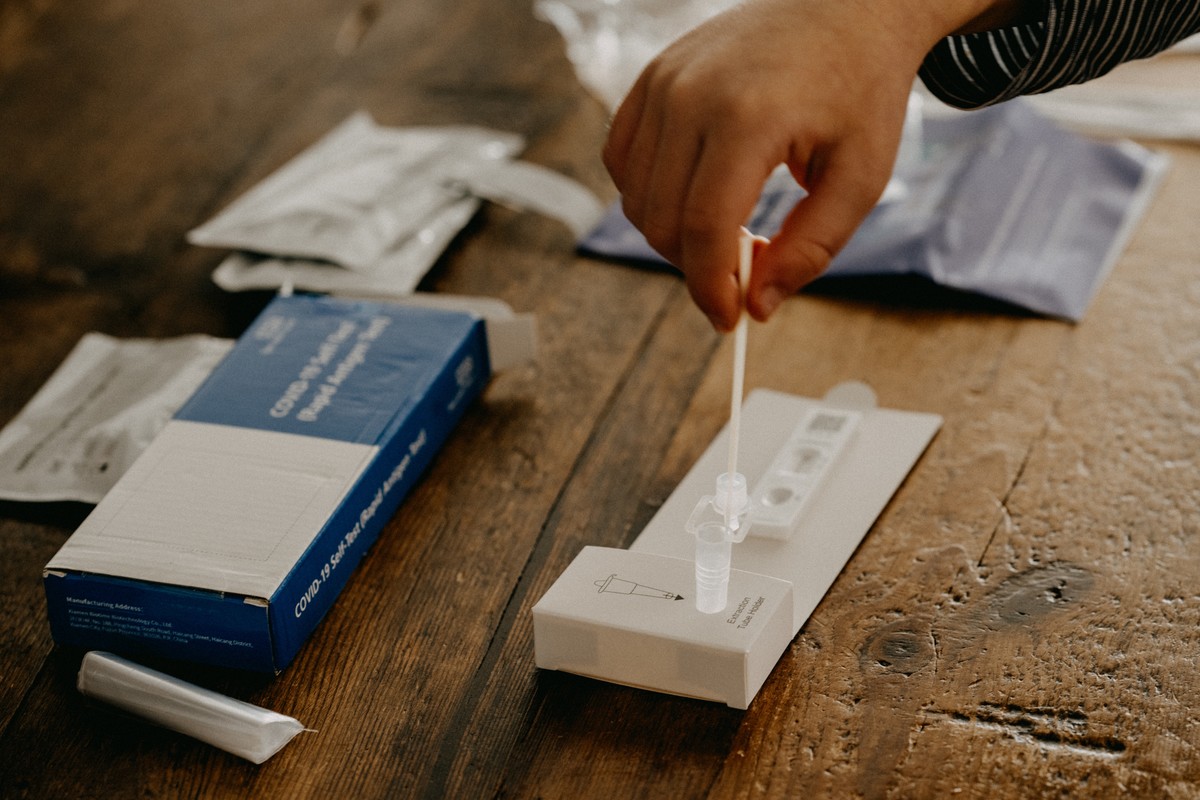And we’re off, the British Science Festival has officially started! There is a huge range of talks, activities and experiences happening across the next five days, with something to appeal to anyone who’s curious about how the world around us works.
The schedule of events based in Anglia Ruskin University and around Chelmsford city centre is absolutely jam-packed, and the first day is no exception. We have talks on the big issues of the day including climate change and COVID-19 testing, and if you’re looking for something a bit different, why not attend talks on how robots could be our old-age carers, or why schizophrenia drugs don’t always work?
It’s not too late to book your free seat!
COP26: Collaboration for the climate
We can all do our bit to slow down climate change; recycling, reducing car journeys where possible, being conscious of the carbon footprint of our purchases, but big change needs to come from the top. The world is in this together, and strong, united action from world leaders is essential.
This year, the UK hosts the COP26 conference, where one of the key topics on the table is the global response to climate change. Head of Science Engagement for COP26, Helen Adams, will be giving an insightful talk on this opportunity for world leaders to implement the meaningful change our planet needs. She will delve into the ways science, academia and innovation can support governments to create greener societies, and how as members of the public, we can all play our part.
Book your FREE tickets here: https://britishsciencefestival.seetickets.com/event/cop26-collaboration-for-the-climate/civic-theatre/1985851
Racing to rapidly test COVID-19
Within the space of a year or so, taking a COVID-19 test has become a part of our daily lives, and will likely remain so for a while longer still. The scientific innovations that have happened in the wake of the pandemic, from developing vaccines, to creating accurate tests, has been remarkable and live-saving; a COVID-19 test can show results within 30 minutes.
qPCR expert Stephen Bustin, here at Anglia Ruskin University in Chelmsford, is leading a team to develop a test which would gives results even faster: less than five minutes. The implications this could have for the world, as we learn to live with this disease, are enormous.
Stephen will be giving a talk on how these innovative techniques were developed, technology that will affect every one of us, and how it could be utilised during future pandemics. COVID-19 testing is one of the most relevant and impactful scientific advancements in recent times; a chance to hear from one of the leading scientists in the field should not be missed.
Book your FREE ticket here: https://britishsciencefestival.seetickets.com/event/racing-to-rapidly-test-covid-19/sal001/1985849
Schizophrenia: When the drugs don’t work
The brain is the most complex organ in the human body; there are a myriad of things that can go wrong, including schizophrenia. Schizophrenia is a severe long-term mental health condition which, according to the NHS, means those affected ‘may not always be able to distinguish their own thoughts and ideas from reality’. Around 200,000 people in the UK today have been diagnosed, and there is treatment. But it doesn’t always work.
30% of people who are treated with anti-psychotic drugs do not improve, and this is to do with how complex brain-wiring can cause resistance to treatment. Psychologist Carolyn McNabb will be giving a fascinating talk on how advanced imaging technology can offer an insight into what is happening in the brain when it resists treatment, and how knowledge of brain structure might offer solutions.
Book your FREE tickets here: https://britishsciencefestival.seetickets.com/event/schizophenia-when-drugs-don-t-work/dome-2/1985848
I, Carer
If we’re lucky, old age will come to us all. And while it hopefully means a long life well-lived, old age also often means the need for carers. As artificial intelligence and robotics technology advance, the possibility of robots performing the role of carers for elderly people in the future becomes ever more likely. Would this be an incredible scientific leap forward for an ageing population? What are the moral and ethical considerations?
Join Pamela Knight-Davidson, from the Positive Ageing Research Institute at Anglia Ruskin University, and Nic Palmarini, from the UK National Innovation Centre for Ageing at Newcastle University, as they discuss the innovations in technology for the elderly, and more. It promises to be a fascinating talk, and a possible glance into our future.
Book your FREE ticket here: https://britishsciencefestival.seetickets.com/event/i-carer/dome-2/1985852
The British Science Festival promises to be a brilliant event, with fascinating talks on almost any subject you can think of, from sustainable food production, to IVF. As the UK starts to open up, and COVID-safe gathering can happen, we’re excited to welcome people with any level of science engagement to our FREE talks and activities. Check out the full programme, you never know what you might learn!






